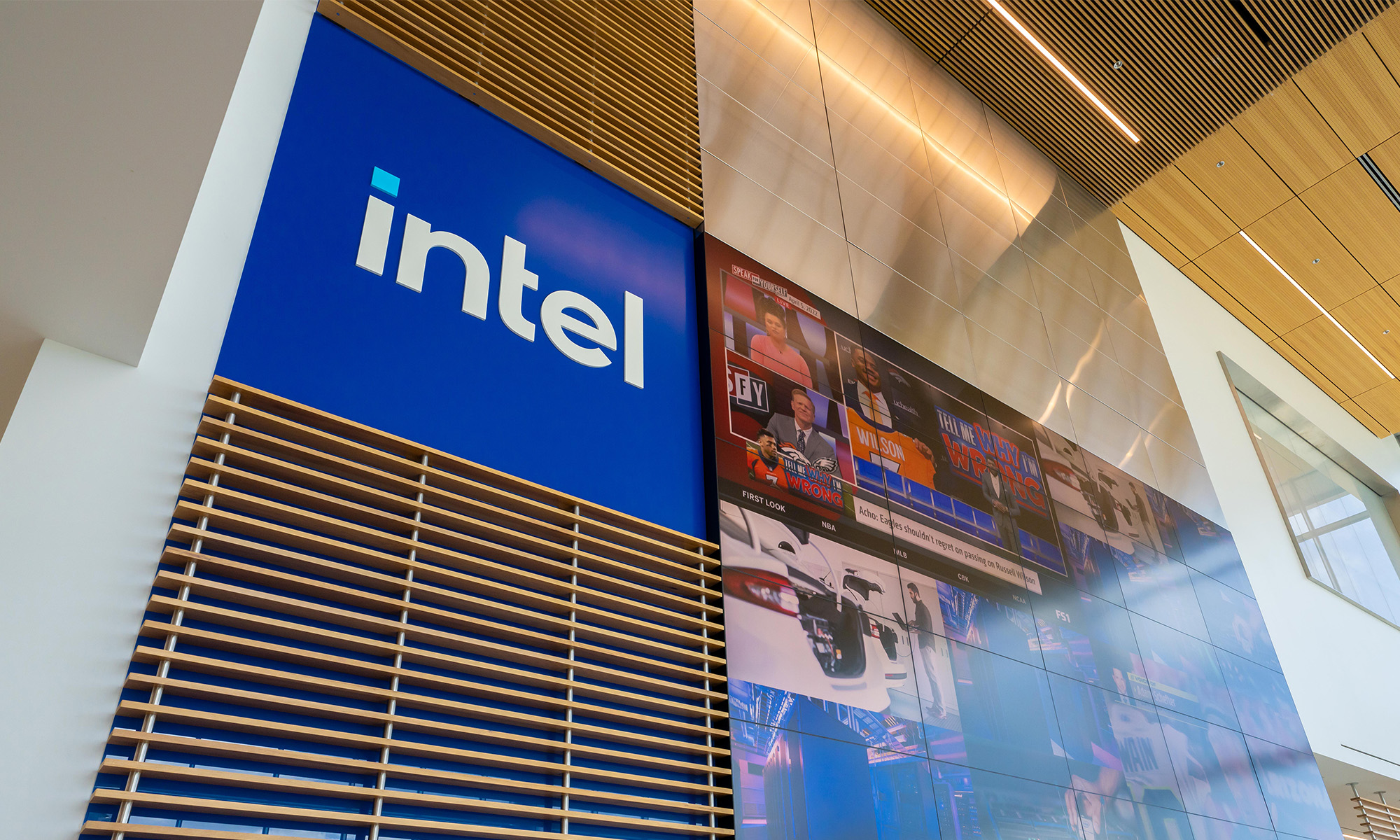For Advanced Micro Devices (AMD 6.09%), the market for central processing units (CPU) was supposed to be a key growth driver in 2019. As we approach the end of the year, it can be confidently said that the company's Ryzen CPUs have helped AMD make its mark once again by clawing away market share from rival Intel (INTC 4.50%).
A report from Mercury Research points out that AMD controlled 18% of the desktop CPU market at the end of the third quarter of 2019, up nicely from the prior-year period's share of 13%. In laptop chips, the company's market share increased 3.8 percentage points year over year to 14.7%. And it won't be surprising to see AMD's market share rise further in the final quarter of the year, because Intel's missteps are going to put more customers into AMD's lap. Let's see how.

Image Source: Getty Images.
Intel's CPU shortages hand AMD the advantage
Intel has struggled because of CPU shortages this year. Chipzilla management apologized to customers late last month. A letter written by Intel executive Michelle Johnston Holthaus explained the root of the problem:
However, sustained market growth in 2019 has outpaced our efforts and exceeded third-party forecasts. Supply remains extremely tight in our PC business where we are operating with limited inventory buffers. This makes us less able to absorb the impact of any production variability, which we have experienced in the quarter.
In simpler words, Intel has been unable to scale up enough to meet CPU demand. This is proving costly for Intel's customers, as evident from Dell Technologies' (DELL 3.42%) latest forecast. Intel's CPU shortages recently forced Dell to reduce its 2019 revenue estimate, and the company added that the supply crunch has worsened on a quarter-over-quarter basis.
In fact, Intel's CPU shortages are hurting Dell's commercial and premium PC shipments. This is why Dell is now looking at AMD to procure enough chips to meet end-market demand. Dell CFO Tom Sweet recently told Yahoo! Finance that the company is now "evaluating" chips from AMD.
Dell's move to AMD would be a big setback for Chipzilla, because the PC maker has been relying on Intel for chips for the past 35 years. But there seems to be no other way out for Dell as it anticipates the shortages at Intel to continue into the second half of next year.
What's more, Intel's shortcomings are helping AMD gain ground in the European market as well. A third-party report points out that 12% of the notebooks and desktops in Western Europe had AMD processors, up from 7% in the prior-year period. Intel saw a decline of 3.8 percentage points in its share over the same period.
More gains ahead for the red team
Intel's CPU shortages aren't the only reason AMD stands to gain. AMD's Ryzen 3000 CPUs are proving to be popular among consumers thanks to their pricing and performance.
According to a survey carried out by the European Hardware Association (EHA), 60% of consumers would prefer an AMD CPU over Intel. A year ago, the survey had revealed that Intel was the choice of 60% of the consumers, indicating that the tables have turned.
EHA chairman Koen Crijns credits this turnaround to the third generation of Ryzen CPUs, which have helped AMD iron out "any lingering performance gaps, while offering a great price/performance ratio."
In all, the combination of Intel's persistent supply shortages, AMD's strategy of delivering powerful CPUs at attractive prices, and PC OEMs such as Dell looking to reduce their dependence on Chipzilla should pave the way for the red team to gain more market share. This should give AMD's high-flying computing and graphics segment fuel to deliver stronger growth and help the stock maintain its status as a top growth play.








